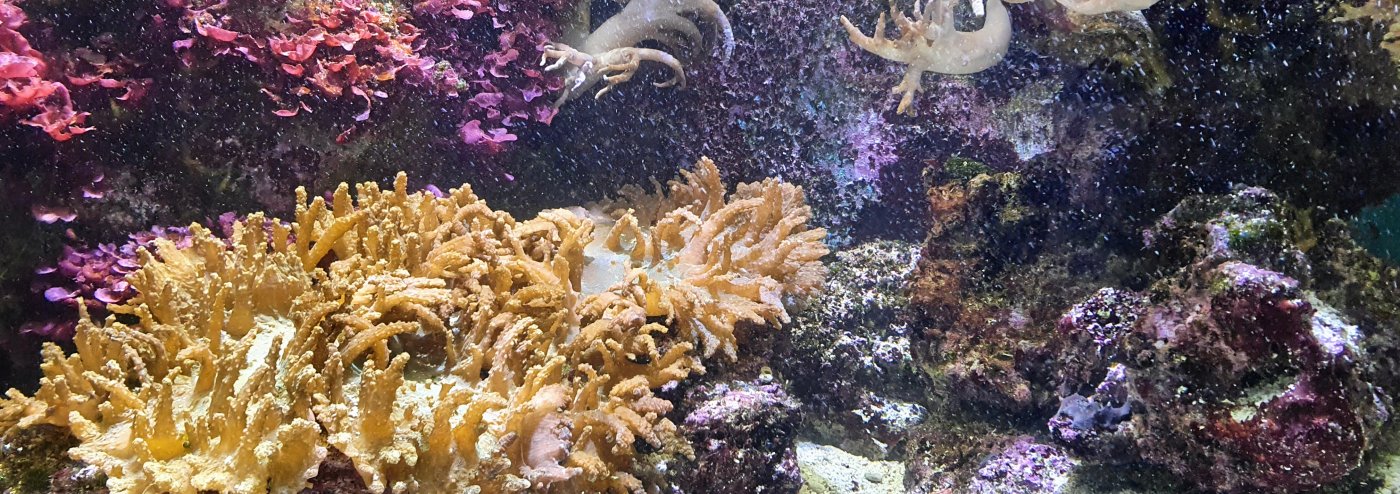
Overcoming the coupled climate and biodiversity crises and their societal impacts
Almut is co-author of a Review in Science that is an outcome of the IPBES/IPCC workshop in 2020 (https://www.ipbes.net/events/ipbes-ipcc-co-sponsored-workshop-biodiversity-and-climate-change).
Abstract: Two intertwined crises threaten human well-being: Climate change—arising from human-induced greenhouse gas emissions, including those from the loss of biomass and biodiversity—is raising temperatures beyond those of the Holocene, when human civilization evolved and expanded globally. Mean warming and the increasing frequency and severity of extreme events in turn disturb ecosystem functioning, cause habitat loss to humans and biodiversity, and exacerbate the unprecedented loss of biodiversity already caused by human-induced habitat degradation,overexploitation of natural resources, and pollution. Both crises reduce nature’s contributions to people, which sustain well-being, livelihoods,economies, and development prospects and also support climate change adaptation and mitigation. Failing to act will increase human vulnerability, including poverty, food insecurity,involuntary displacement, and political in-stability and conflict. The coupled global climate and biodiversity crises and their societal impacts concern land, freshwater, and ocean ecosystems alike but are insufficiently tackled by current actions, as identified by assessments of both the IPCC (Intergovernmental Panel on Climate Change) and IPBES (Intergovernmental Science-Policy Platform on Biodiversity and Ecosystem Services). None of the 20 2011–2020 Aichi biodiversity targets and none of the mileposts on climate trajectories intended to limit warming to 1.5°C have been met.
The full paper is available at https://www.science.org/doi/epdf/10.1126/science.abl4881